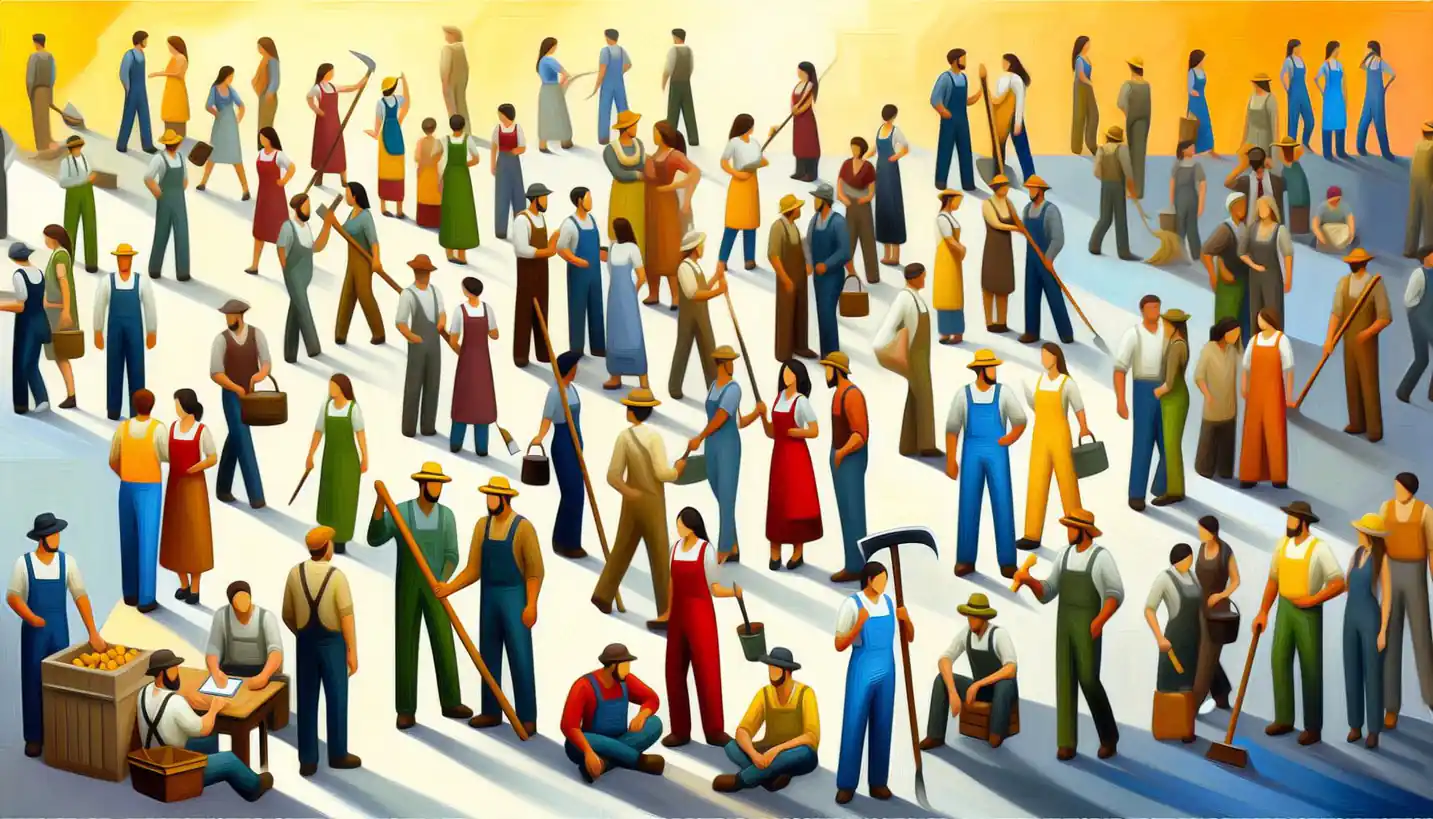· Sociology · 3 min read
Sick Role: Understanding This Fascinating Concept in Medical Sociology
The sick role offers fascinating insights into medical sociology's view of illness. Explore how society defines and reacts to those experiencing sickness.

In the world of medical sociology, the concept of the “sick role” is both intriguing and insightful. It delves into how society perceives illness and the roles people assume when they’re not feeling well. This idea helps us grasp how individuals interact with their communities when they’re sick, which is quite different from when they’re healthy.
What is the Sick Role?
The sick role concept was introduced by sociologist Talcott Parsons in the 1950s. At its core, it sees illness not just as a physical condition but as a social phenomenon. According to Parsons, when someone becomes ill, they enter a new role with specific rights and responsibilities. They are temporarily exempt from their usual social roles and obligations because they aren’t feeling well. But there’s also an expectation that they’ll seek help to get better.
The Rights and Responsibilities
Think of the sick role like a temporary pass from daily chores. When you’re unwell, society gives you permission to take a break from your usual duties, whether it’s going to work or handling household chores. You’re also not blamed for being sick, as long as the illness isn’t self-inflicted. This understanding gives a person space to recover without additional stresses.
However, accepting the sick role comes with a few strings attached. You’re expected to want to get better and to actively seek treatment. This means visiting a doctor or following medical advice. In return, society is more supportive, allowing you to recover without worrying about neglecting your responsibilities.
The Doctor’s Role
Doctors play a significant part in this social arrangement. They are the gatekeepers of the sick role, determining who is legitimately sick and when they can return to their normal roles. This relationship is a key aspect of how society functions smoothly, making sure that people are genuinely cared for and not abusing their sick role privileges.
How Society Views Illness
Different cultures have varying perspectives on illness and the sick role. In some communities, responsibility for one’s health is emphasized, which might affect how individuals engage with this role. Social attitudes toward illness can also influence how illnesses are perceived. For example, mental health conditions often didn’t receive the same leniency as physical illnesses in the past, though this is gradually changing.
Modern Perspectives
In today’s world, the concept of the sick role is sometimes challenged. Chronic illnesses, for example, don’t fit neatly into this framework because they might not have a clear endpoint or cure. Similarly, people with disabilities may not fit into the temporary nature of Parsons’ sick role. Modern sociology examines these nuances, considering how society can better accommodate such conditions.
Why the Sick Role Matters
Understanding the sick role helps us see illness in a broader social context. It shows how societal expectations can influence personal health decisions and how healthcare systems are designed. By highlighting these dynamics, we can work toward a more inclusive understanding of illness that better supports everyone, regardless of their situation.
Challenges and Future Directions
The sick role also opens up discussions about healthcare accessibility and equity. Are all groups equally supported by this concept? Does the sick role reflect diverse experiences of illness? As we continue to explore these questions, the insights gained can lead to improved healthcare policies that respect individual differences.
Conclusion
In summary, the concept of the sick role offers a fascinating glimpse into the intersection of health and society. It reminds us that health isn’t just a personal journey; it’s a shared social experience shaped by expectations and responsibilities. As we navigate the complexities of modern healthcare, understanding these roles can guide us toward a more compassionate and effective system for everyone.

